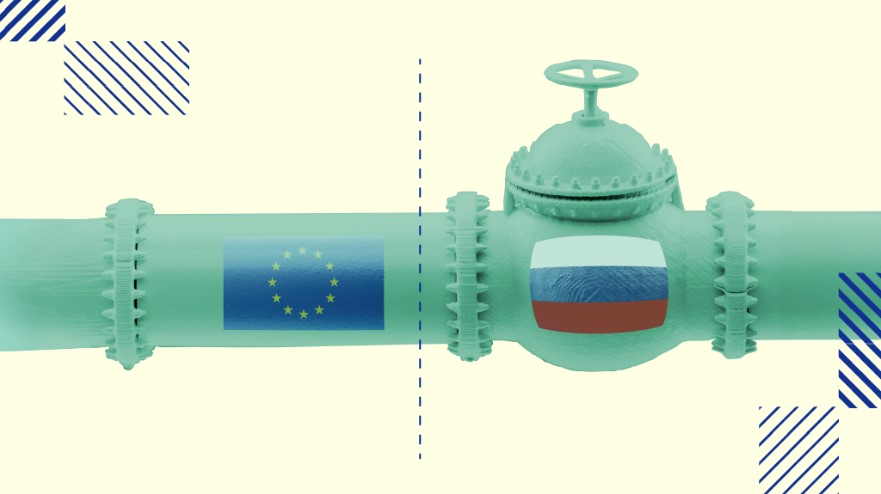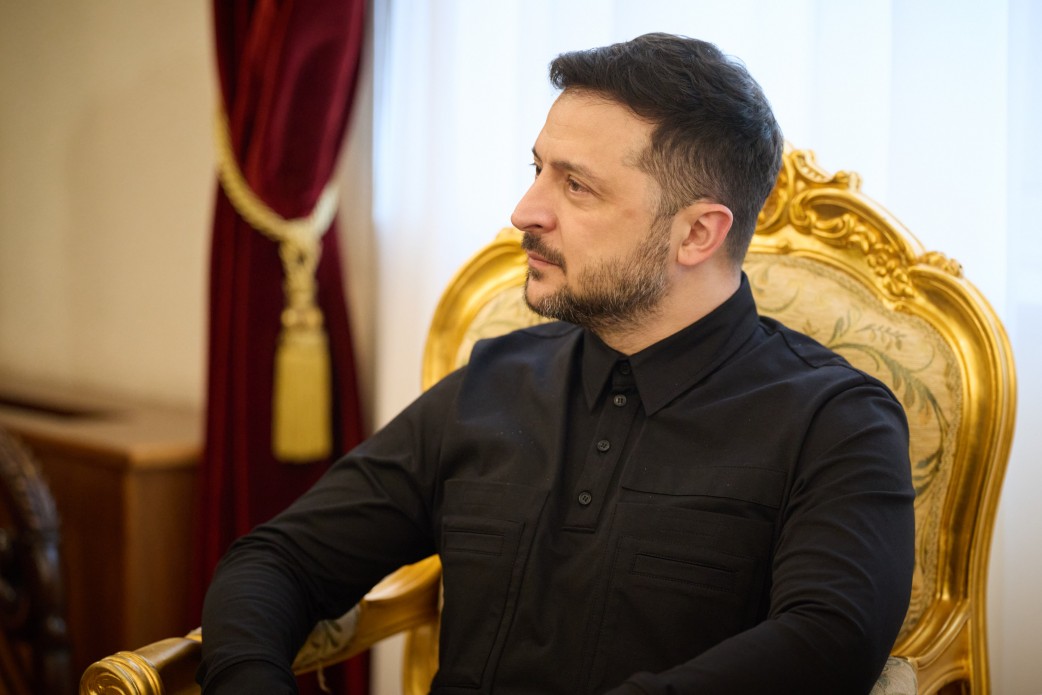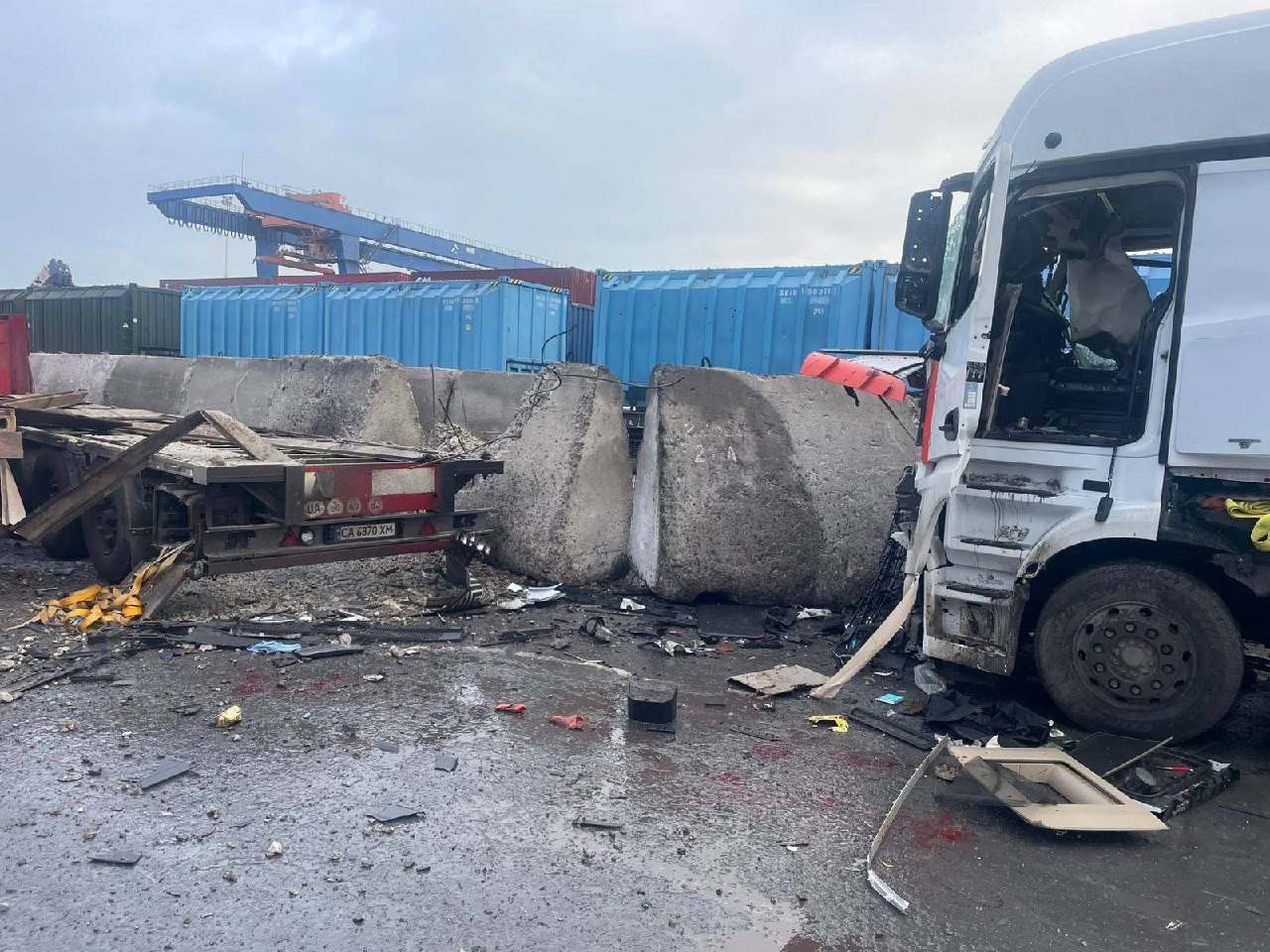The EU Council has agreed on its negotiating position regarding the draft regulation for a gradual phase-out of Russian natural gas imports. A complete ban is planned to take effect by January 1, 2028, according to the EU Council website.
“The regulation constitutes a central element of the EU's REPowerEU roadmap to end dependency on Russian energy, following Russia's weaponisation of gas supplies and repeated disruptions of gas supplies to the EU with significant effects on the European energy market,” the statement reads.
The proposed regulation establishes a legally binding, phased ban on both pipeline and liquefied natural gas (LNG) imports from Russia, with full implementation by January 1, 2028.
“An energy independent Europe is a stronger and more secure Europe. Although we have worked hard and pushed to get Russian gas and oil out of Europe in recent years, we are not there yet. Therefore, it is crucial that the Danish Presidency has secured an overwhelming support from Europe’s energy ministers for the legislation that will definitively ban Russian gas from coming into the EU,” said Denmark’s Minister for Climate, Energy, and Utilities, Lars Aagaard.
Key changes agreed by the EU Council include transitional provisions for existing supply contracts.
Ministers confirmed that Russian gas imports will be prohibited from January 1, 2026, while maintaining a transition period for existing contracts. Short-term contracts concluded before June 17, 2025, may continue until June 17, 2026, while long-term agreements may remain in effect until January 1, 2028. Changes to existing contracts will be allowed only for narrowly defined operational purposes and cannot increase volumes, except in specific cases affecting landlocked member states or due to recent supply route changes.
Customs procedures have also been updated. Compared with the European Commission proposal, the EU Council simplified customs obligations, easing documentation requirements for importing non-Russian gas. For Russian gas during the transition period, more detailed information must be provided, including contract dates, volumes, and amendments. All gas imports will require prior authorization: one month in advance for Russian or transitional imports, and at least five days in advance for non-Russian gas. For mixed LNG shipments, documentation must show the respective shares of Russian and non-Russian gas. A list of exempted countries will also be compiled.
Additional monitoring mechanisms will prevent Russian gas from entering the EU via transit procedures (i.e., passing through the EU to another destination without entering the EU market).
The regulation requires all member states to submit national diversification plans detailing measures and potential issues for diversifying gas supplies. Member states that no longer import Russian gas will be exempt. The same requirement applies to those still importing Russian oil, with the goal of ending imports by January 1, 2028.
Compared with the Commission’s proposal, the Council also added provisions for information exchange between national authorities, the Agency for the Cooperation of Energy Regulators (ACER), and the European Commission, which must review implementation within two years of entry into force, including prior authorization procedures. Provisions on temporarily suspending the import ban for security reasons were clarified.
The next step is for the Danish Presidency to begin negotiations with the European Parliament to finalize the regulation text once the Parliament agrees on its negotiating position.
As previously reported, EU leaders in the Versailles Declaration (March 2022) committed to gradually ending dependence on Russian fossil fuels as quickly as possible.
As a result, imports of Russian gas and oil into the EU have significantly decreased. While oil imports fell below 3% in 2025, Russian gas still accounts for around 13% of EU imports in 2025—over €15 billion annually—posing significant trade and energy security risks.
In May 2025, the European Commission adopted the REPowerEU roadmap to ensure a phased approach to eliminating remaining Russian energy imports and strengthening EU energy independence and security.





















